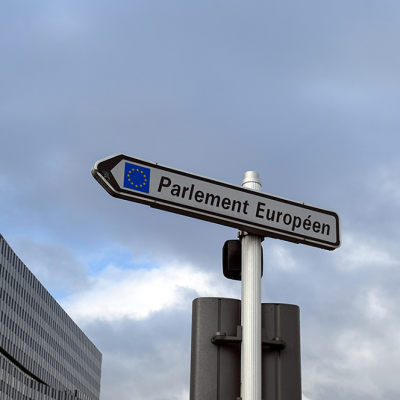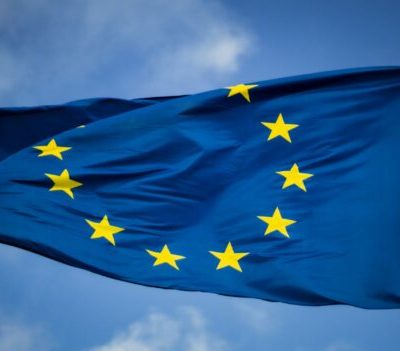Europe and its think tanks: a promise to be fulfilled
This survey of think tanks specialised in European issues in the enlarged European Union is a first. It draws a picture of a part of the field of community affairs that remains little known and that is looking for a new model for its operations. It reviews 149 think tanks in the 25 EU member states that contribute to EU policy studies.

Foreword by Jacques Delors
It is always interesting to watch the arrival of a word onto the European political and media scene. That of “think tank” seems to be on the way to establishing itself in the lexicon – some might say jargon – of European discourse. Paradoxically, the development of think tanks in Europe has hardly been “thought” about. The phenomenon itself is relatively new and few studies have concentrated specifically on the subject.
By focusing on the development of think tanks in the 25 member States of the European Union which are interested – exclusively or in large part – in the analysis of EU institutions and policies, the present survey therefore seeks to explore largely uncharted research territory.
The exercise was carried out by a team of external researchers led by Stephen Boucher. It is not, of course, unrelated to Notre Europe‘s analysis of what role it may play today. But it goes further than that by presenting as in-depth an examination as possible of think tanks working on European affairs, both from the descriptive angle (which mission, activities, resources?) and from the analytical one (which strengths, weaknesses, influences, challenges and future trends?).
Have the groups that are dedicated to independent research and the formulation of innovative public policies not become essential cogs in the complex mechanisms which today’s “public opinion” democracies have become ? Is it not therefore their duty to (re)think how they operate ? Is this question not even more relevant for the European Union, criticised for too long for its lack of appeal to the ordinary citizen, in what has, sometimes too hastily, been dubbed the European « democratic deficit » ?
Do think tanks have a flourishing future ahead of them? Will they be closed circles of influence or architects of a true European democracy ? How will they reconcile scientific rigour with communication requirements ? How will they respond to the challenge of their “europeanisation” both in terms of their internal organisation and transnational cooperation ?
These are some of the questions on which Notre Europe wished to shed some light, with the ambition to contribute to the development of the sector while allowing further research on the same topic.
With 10 new members States and the prospect of further enlargement, the European Union is probably experiencing one of the most challenging transitions in its history. Now more than ever, the EU will need to dip into its “think tanks”.
I believe that this analysis of think tanks will be of interest to both observers and actors of the European construction, those who know that any great project starts with the idea that opens the way.




